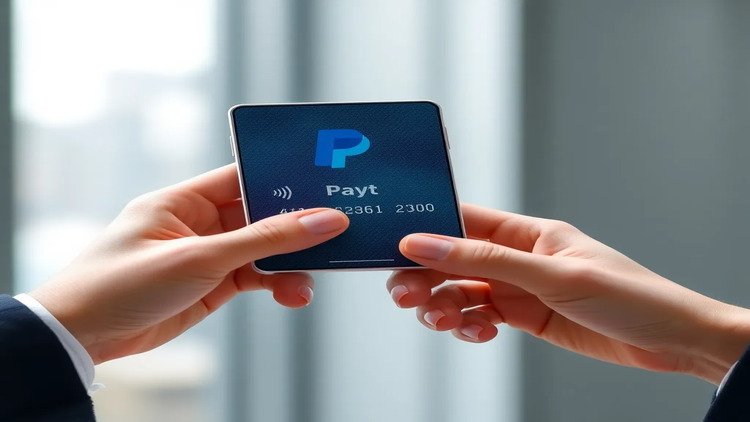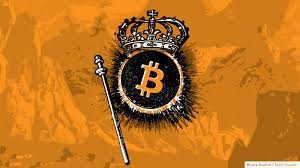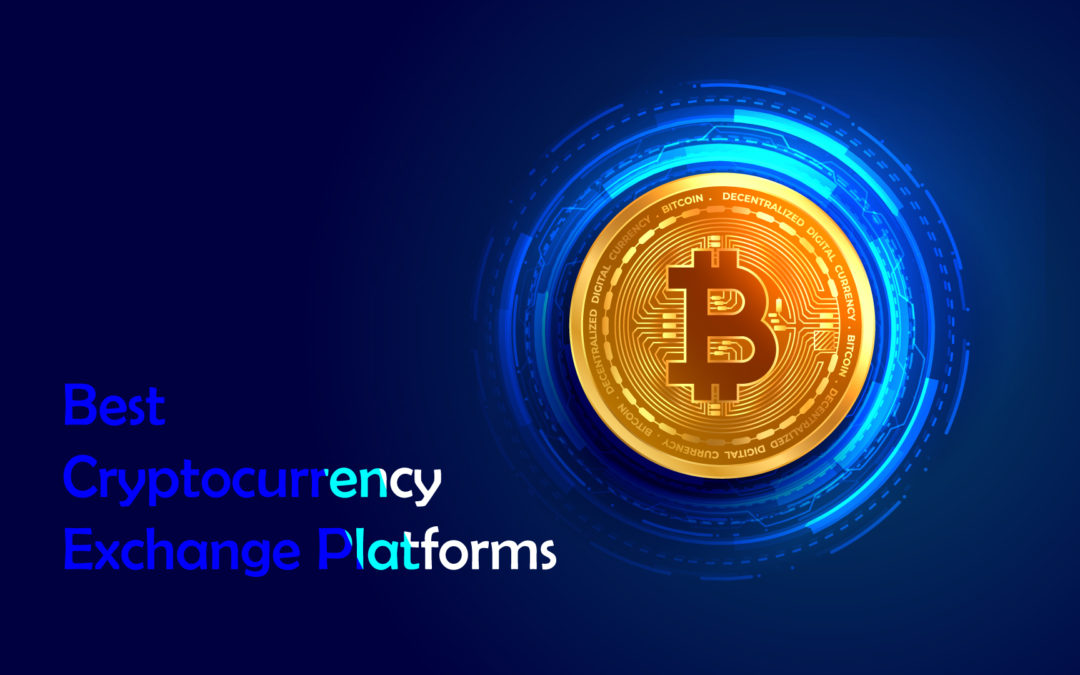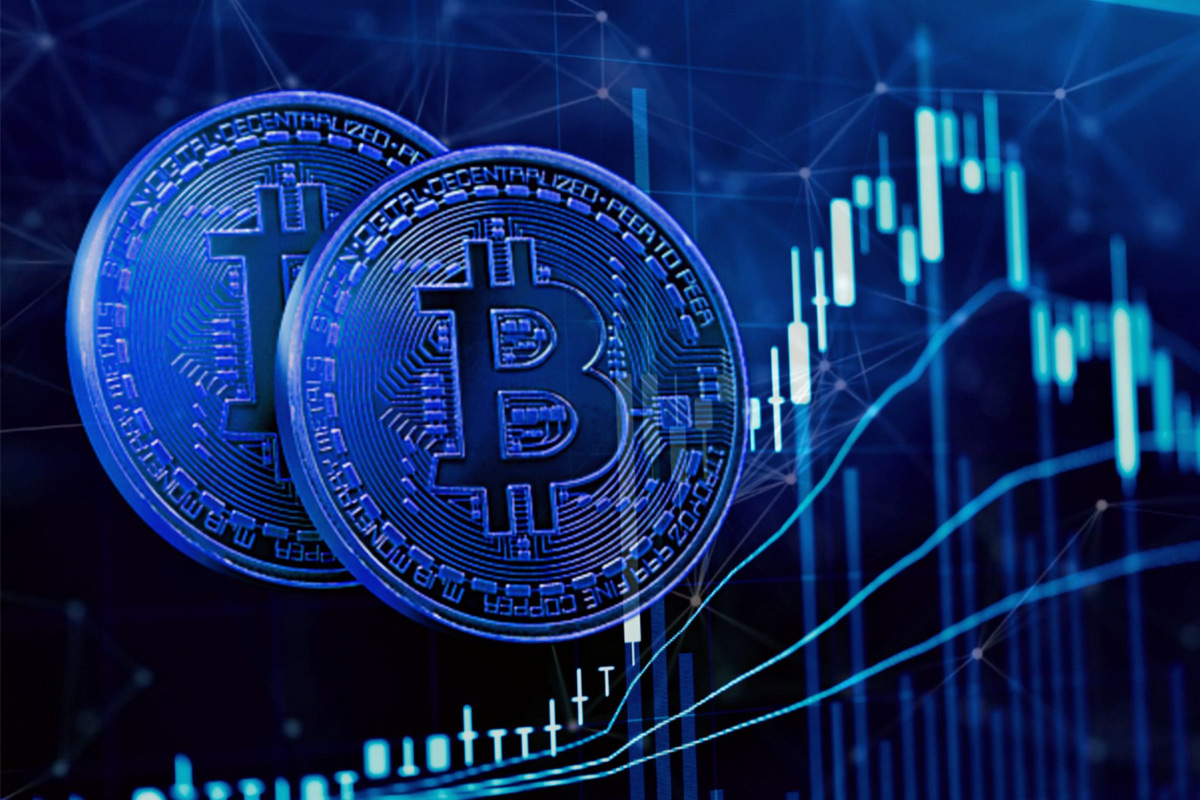PayPal ends protection for NFT transactions due to industry volatility
PayPal has decided to reduce its buyer and seller protection for NFT transactions due to the inherent risks and uncertainties associated with the rapidly evolving digital asset industry. This move signifies a cautious approach by the payment giant as it navigates the complex landscape of NFTs.

PayPal has announced that it will cease offering buyer and seller protection for NFT transactions starting May 20, marking a significant change in its approach to the digital asset marketplace. This decision arises from concerns regarding "uncertainty around proof of order fulfillment" and other related issues.
Historically, PayPal's protection programs have safeguarded users against fraudulent activities, providing refunds and protecting sellers from chargebacks and false claims. However, with the new policy, these protections will no longer apply to any NFT-related transactions.
Impact on High-Value Transactions
The policy change particularly affects high-value NFT transactions, specifically those exceeding $10,000. PayPal will not provide coverage for potential fraud for either buyers or sellers in these cases. For NFT sales valued at $10,000 or less, seller protections will still be available if the buyer claims the transaction was unauthorized and meets other eligibility criteria.
A PayPal spokesperson indicated that the decision to reduce protections stems from the unpredictable nature of the NFT market, reflecting the company's cautious approach to the evolving landscape of digital collectibles.
Implications of the Policy Change
This shift in policy highlights a broader trend among financial service providers as they navigate the complexities of the digital asset market, especially amid increasing regulatory scrutiny and market volatility. By distancing itself from the uncertainties of the NFT sector, PayPal aims to minimize potential losses associated with fraud.
While this conservative strategy may limit PayPal's engagement and growth opportunities within the digital assets space, it underscores the importance for consumers to exercise greater caution when conducting high-value NFT transactions. Although PayPal has previously shown interest in the digital assets industry by supporting cryptocurrency transactions since 2022, this recent decision suggests a more reserved stance moving forward.
Frequently Asked Questions (FAQ) about PayPal's Discontinuation of Buyer and Seller Protection for NFTs
1. What recent change has PayPal announced regarding NFT transactions?
PayPal has decided to end buyer and seller protection for NFT transactions, effective May 20. This means that transactions involving NFTs will no longer be covered by PayPal's protection programs.
2. Why has PayPal discontinued these protections for NFTs?
The decision is based on concerns regarding "uncertainty around proof of order fulfillment" and the unpredictable nature of the NFT market, which has raised challenges related to fraud and transaction disputes.
3. How will this policy change affect high-value NFT transactions?
For NFT transactions valued over $10,000, neither buyers nor sellers will have protection against fraud. For transactions of $10,000 or less, seller protections may still apply if the buyer claims the transaction was unauthorized and meets certain criteria.
4. What protections were previously offered by PayPal for NFT transactions?
Previously, PayPal provided protections that safeguarded users against fraudulent activities, including refunds for buyers and protection for sellers against chargebacks and false claims.
5. What should users do in light of this policy change?
Users should exercise increased caution when engaging in NFT transactions, especially for high-value items. It's advisable to conduct thorough research and consider using additional security measures when trading NFTs.
6. How does this decision reflect broader trends in the digital asset market?
PayPal's move highlights the challenges financial service providers face in navigating the complexities of the digital asset market, particularly amidst regulatory scrutiny and market volatility.
7. Will PayPal continue to support other forms of digital assets?
Yes, PayPal has shown interest in the digital assets industry by supporting cryptocurrency transactions since 2022. However, the recent decision indicates a more cautious approach regarding NFTs specifically.
8. What impact might this have on the NFT marketplace?
The discontinuation of protections may lead to reduced confidence among buyers and sellers in the NFT marketplace, potentially affecting transaction volumes and market dynamics.
9. Are there any alternatives for protection when buying or selling NFTs?
Users may explore third-party platforms or services that offer escrow or insurance options for NFT transactions to mitigate risks associated with fraud.
10. Where can I find more information about PayPal's policies?
For more details about PayPal's policies and updates, users can visit the official PayPal website or refer to their customer support resources.
What's Your Reaction?














